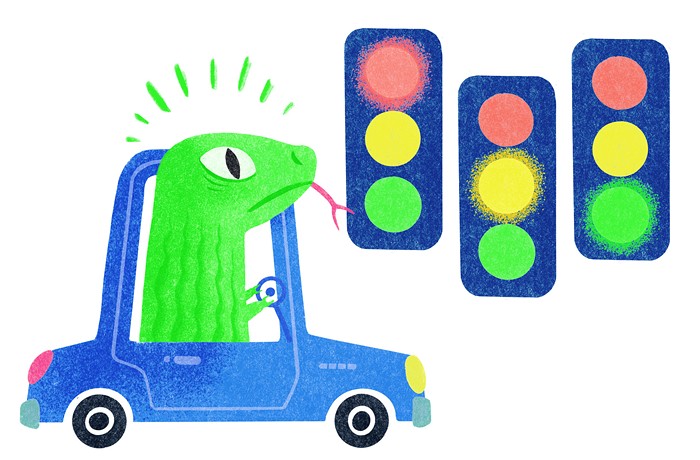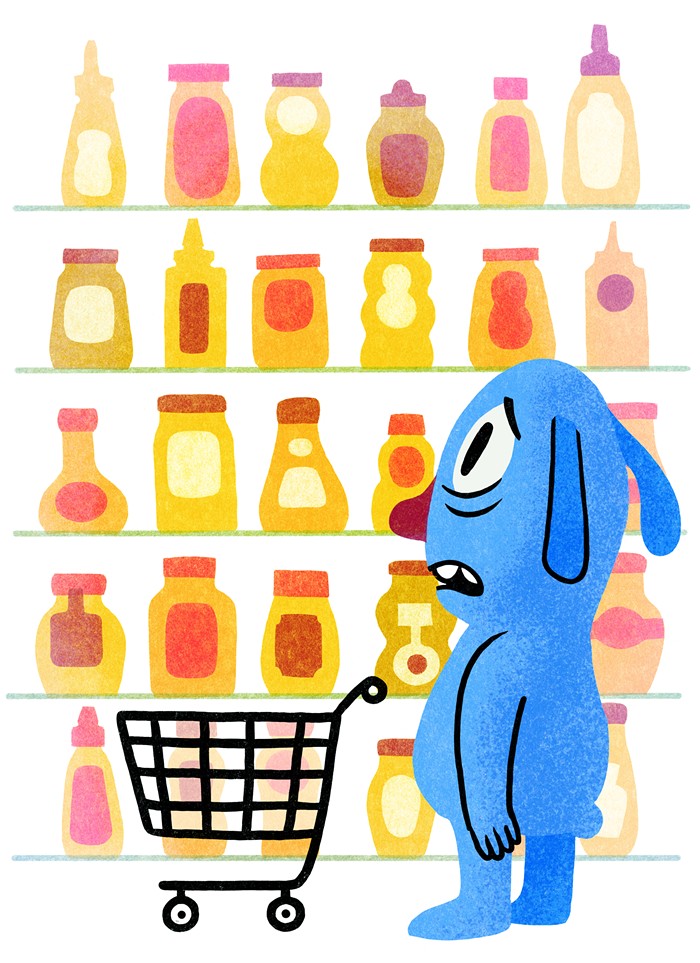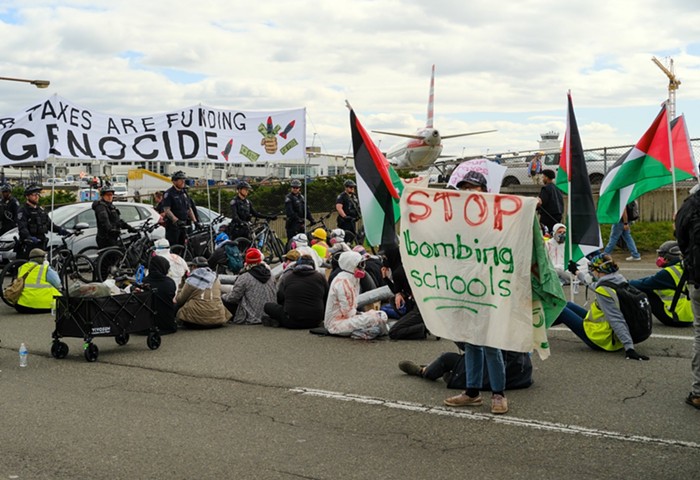
Amazon continued its march to marketplace domination today by announcing that Prime members will get deep discounts from Whole Foods, the asparagus water shilling-grocer Amazon acquired last year for nearly $14 billion.
Starting today, according to a statement from Whole Foods, Amazon Prime members in Florida (where this is being rolled out for some reason), will get an additional 10 percent off all sale items and exclusive weekly discounts on select items in-store. The company plans to roll this out nationwide this summer.
This move should come as no surprise to anyone who's been following along. Last year, Whole Foods offered deeper discounts to Prime members in advance of the Thanksgiving holiday. Jeff Bezos, who revealed in April that Prime now has more than 100 million members, clearly wants everyone on this godforsaken planet to join up—at which point he can jack the price up from the current $119 annual fee (which is up from the previous price of $99) to whatever the fuck he wants. As Bezo's said at an Amazon shareholders meeting last year, “Our goal with Amazon Prime, make no mistake, is to make sure that if you are not a Prime member, you are being irresponsible."
If doesn't concern you, it should. Amazon already has almost unbridled power over the retail industry, and growing power over food, shipping, entertainment, cloud computing, and more. It is not inconceivable—it's not even implausible—that as Amazon's dominance over the marketplace grows, we'll start to see two tiers in commerce: those who have Prime, and everyone else. And as we see from Whole Foods, it's already happening. Is it possible that Prime members will see different prices not just on groceries, but on everything else? It's hard to see why not. Maybe Prime members will have access to goods or tickets or services first while everyone else has to wait. And when Amazon inevitably gets into healthcare, education, technology, industry, and any other sector where it's possible to make a buck, the consequences could be grim for those who can't or won't pay up.
Deeper discounts for select Prime members isn't just bad for people who can't afford Prime; it's bad for every single one of Amazon's competitors, their suppliers, and their workers as well. Prime isn't just a discount, as the Open Markets Institute's Matt Stoller tweeted last year: It's a tactic that Amazon will use to "club all its competitors" to death. And while there is no word yet on whether Amazon will eventually turn Whole Foods into a cashier-less grocery store, if it would cut down on labor costs, it's probably coming.
Prime, in a not-so-distant future, will become a tax, but instead of paying it to the government—which used to be in the business of busting monopolies like Amazon—we'll pay it to Jeff Bezos instead. It's not a future any of us should look forward to, but it's one that seems increasingly likely to pass.



















